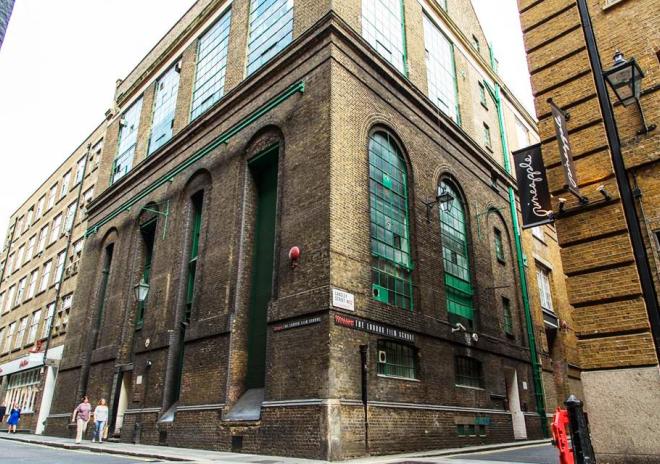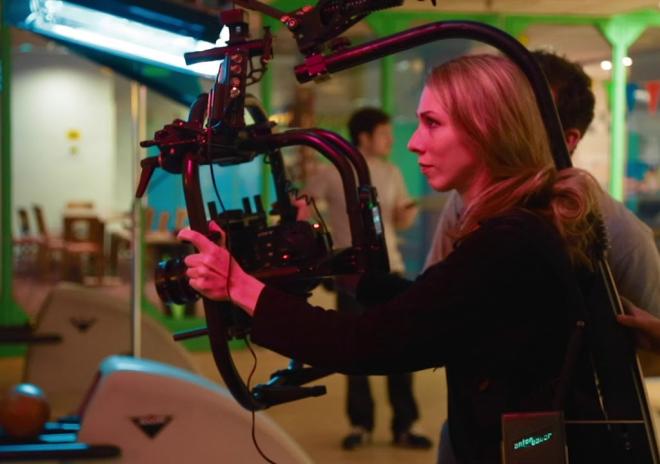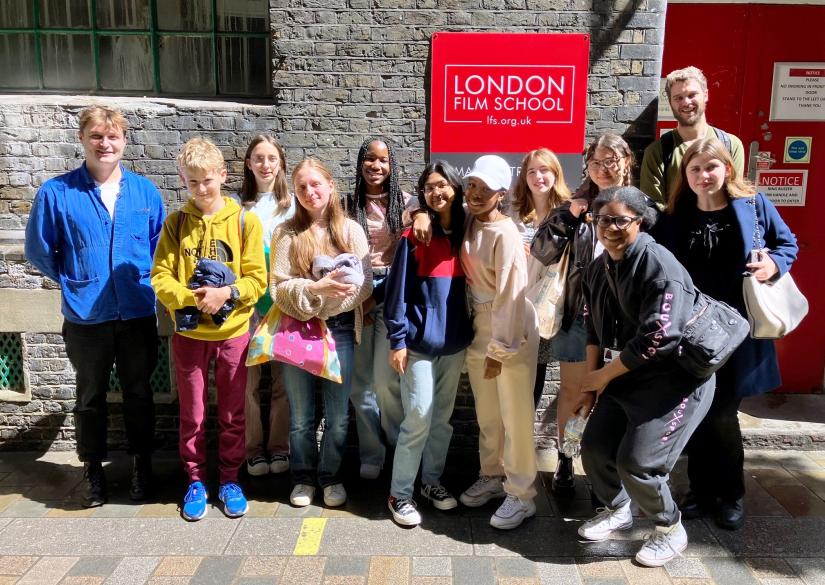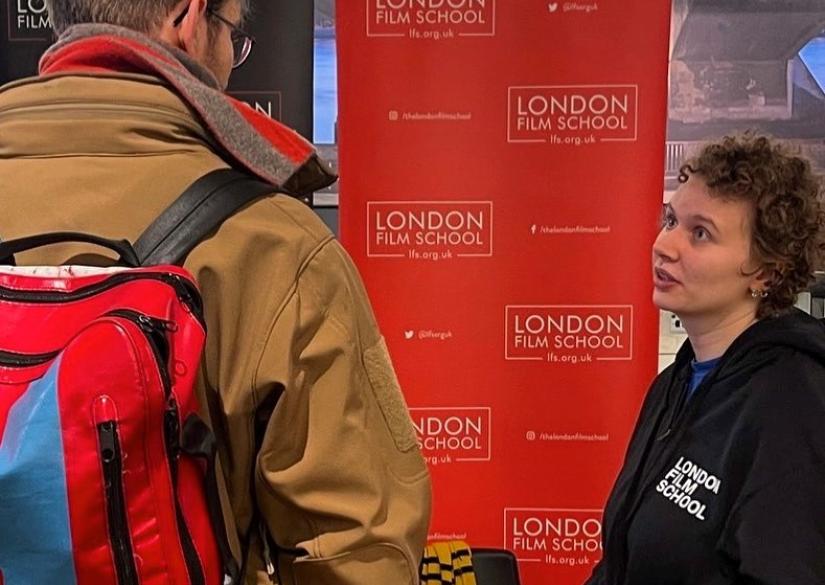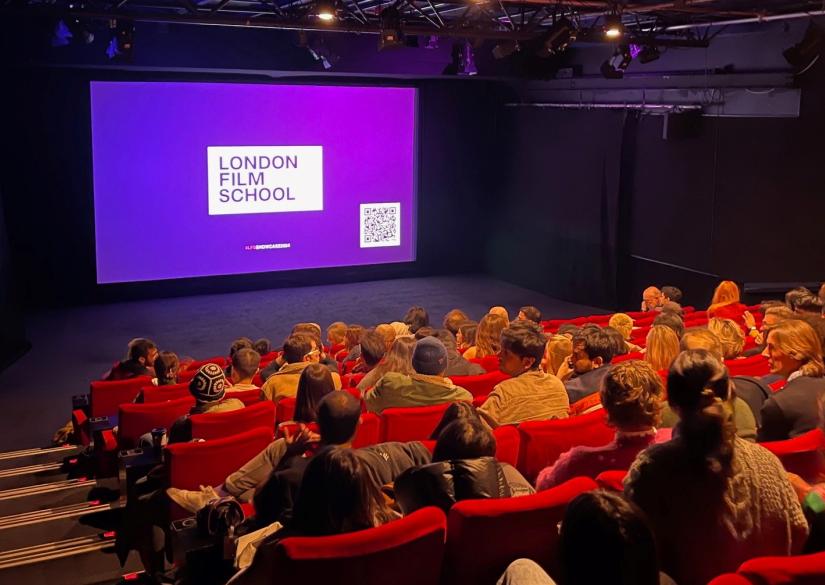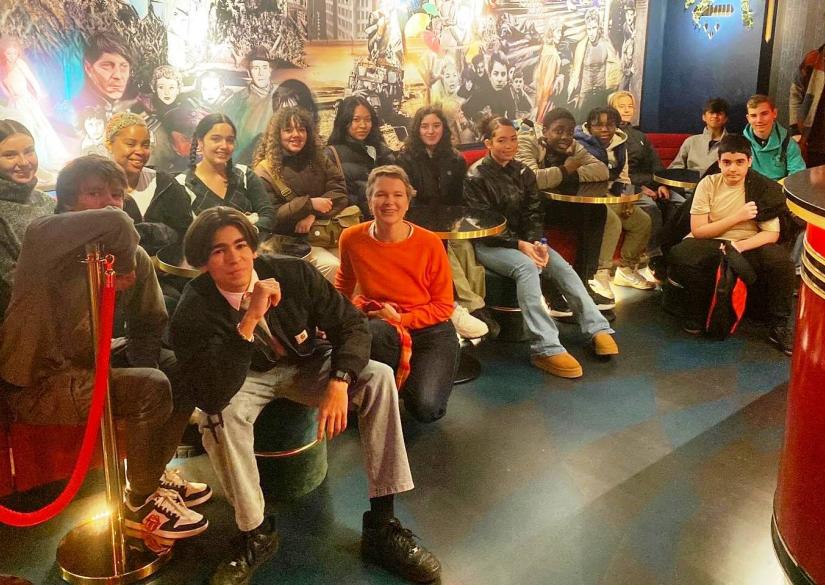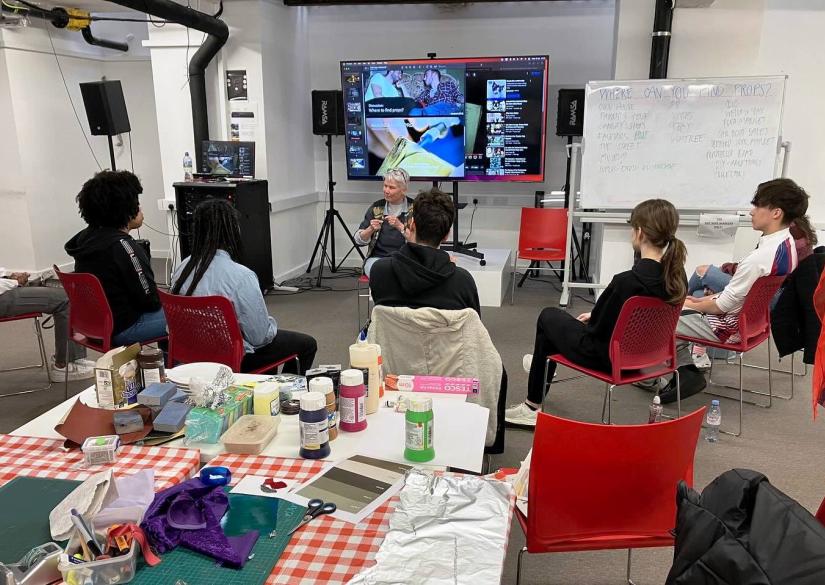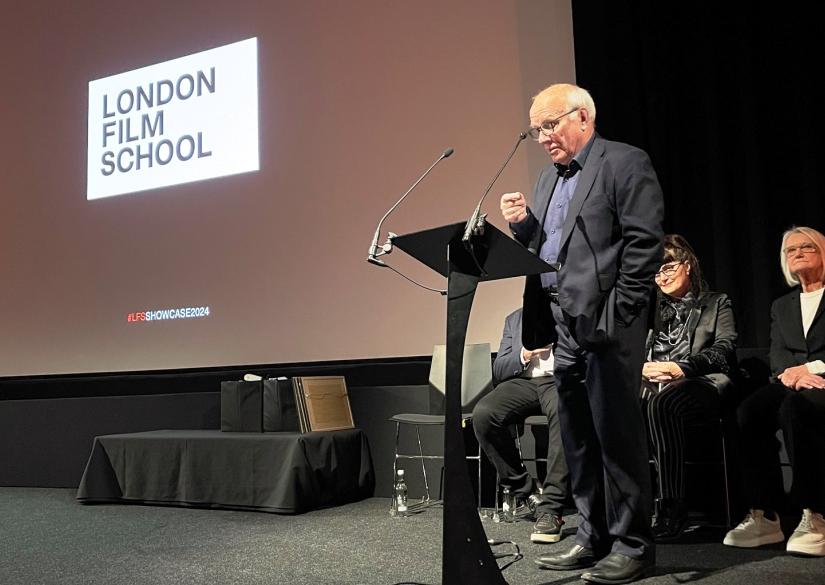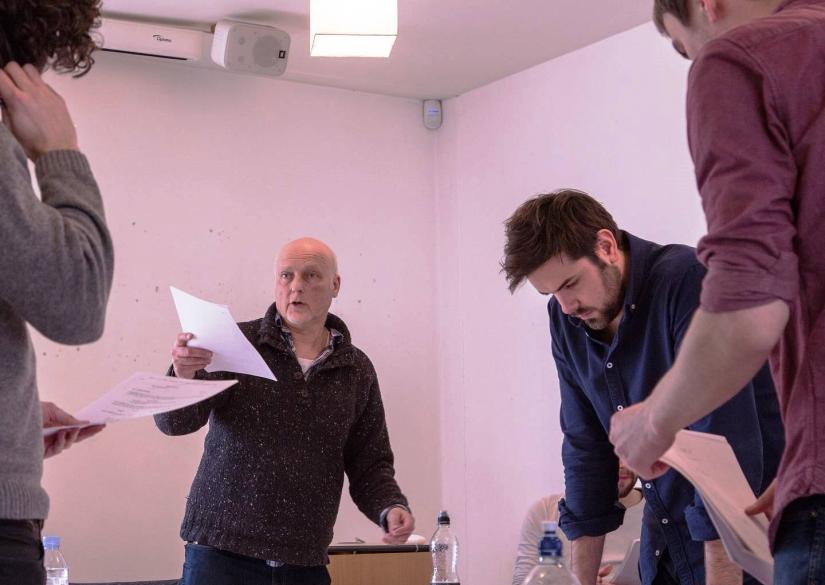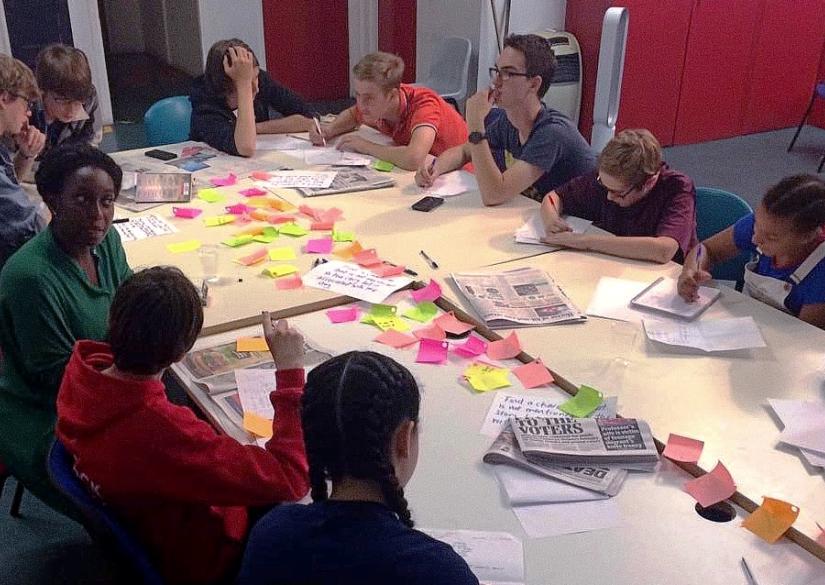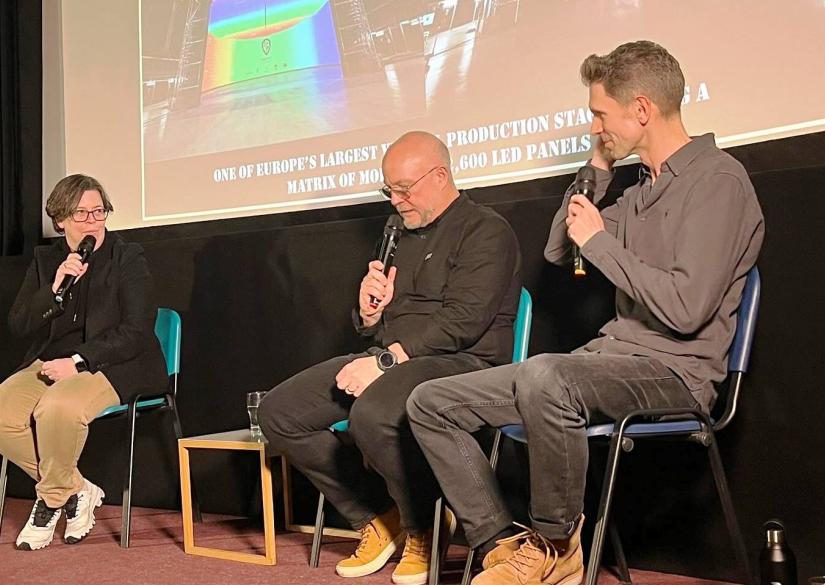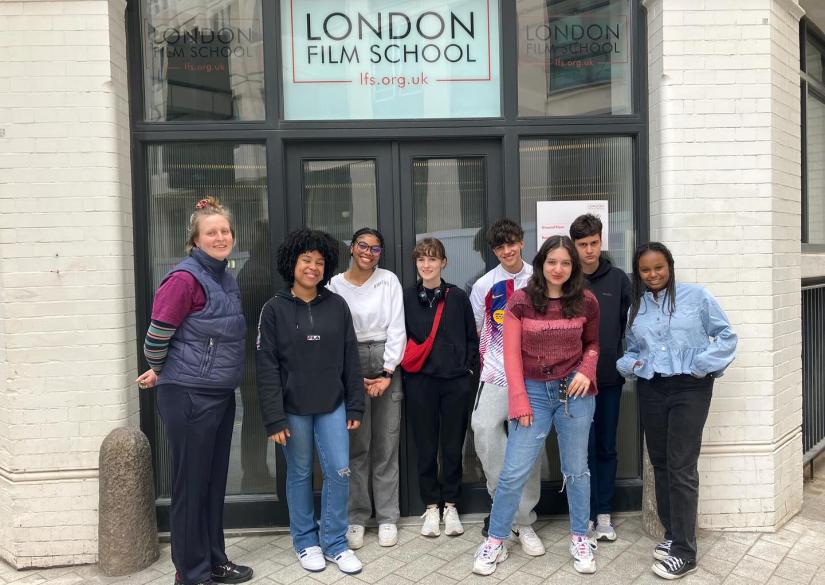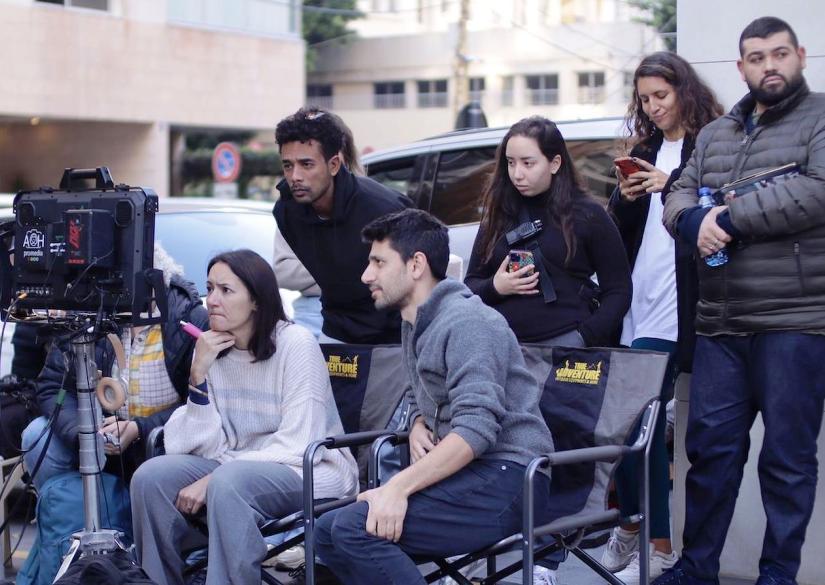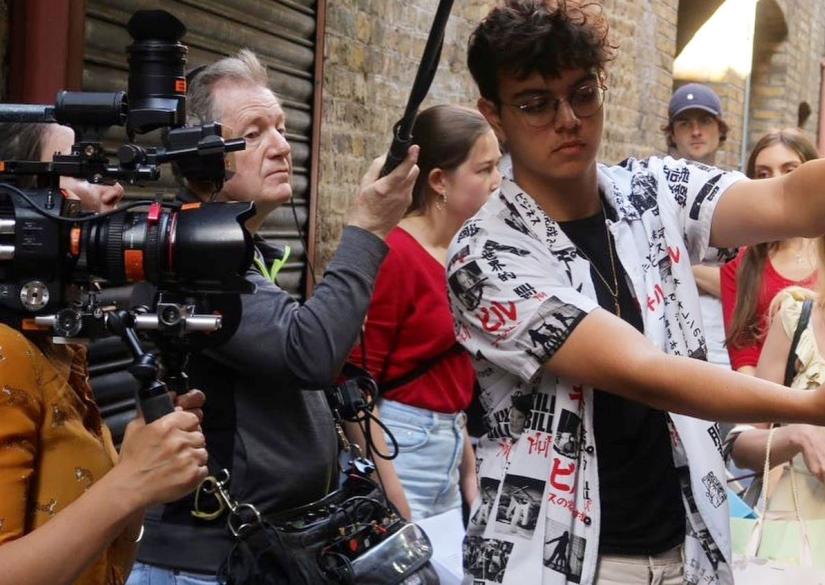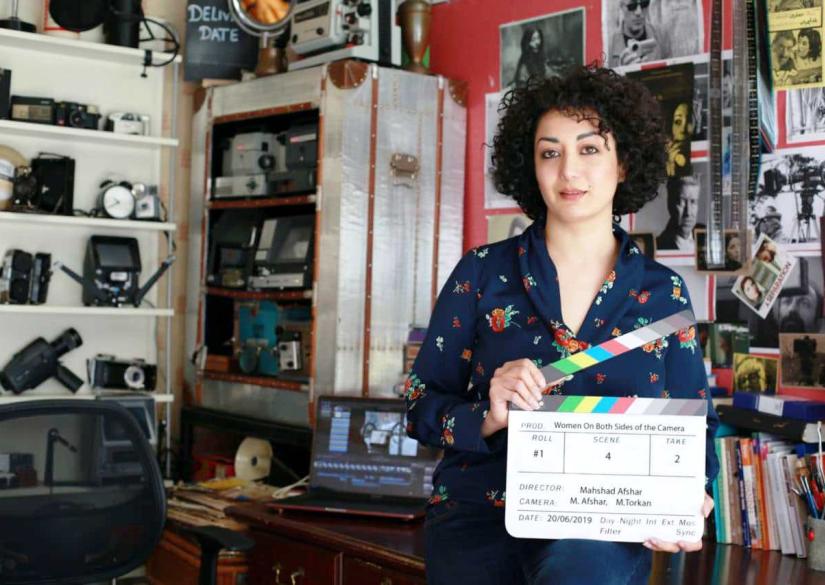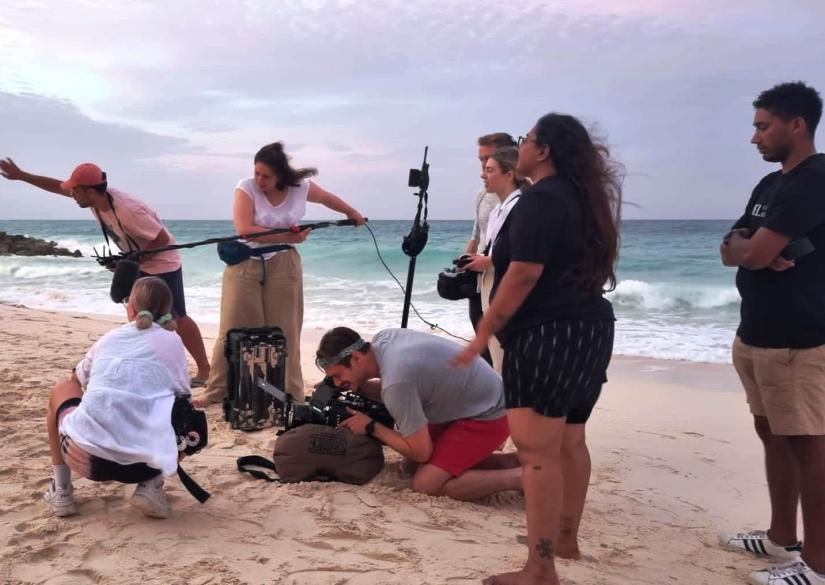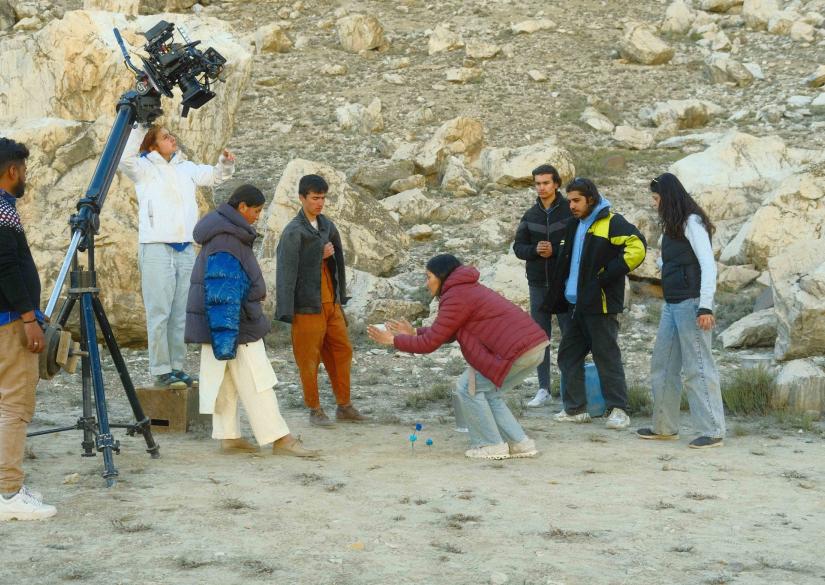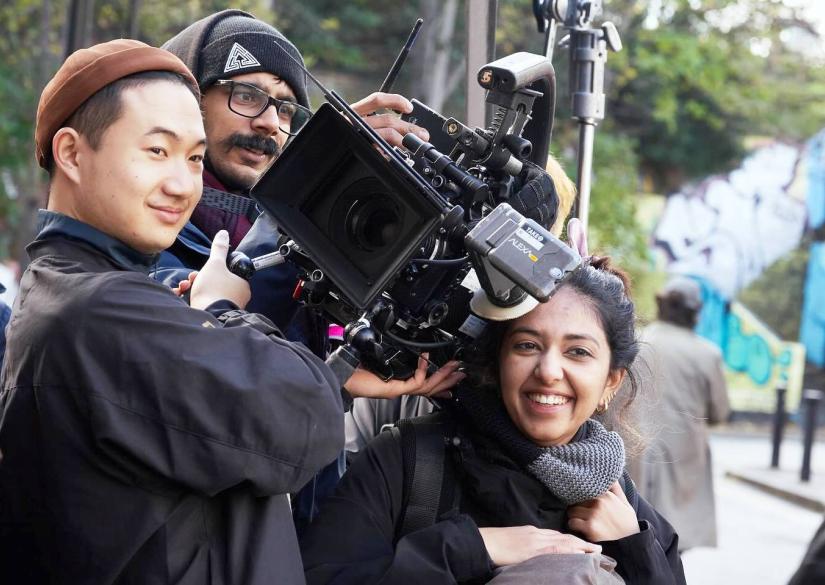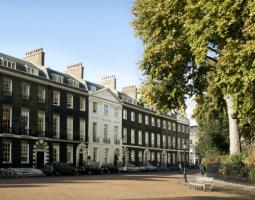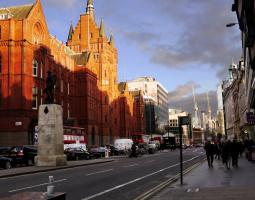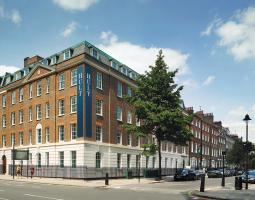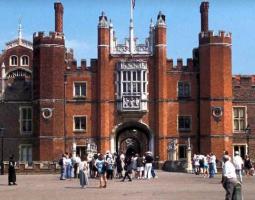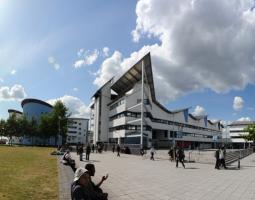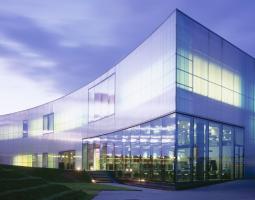London Film School
Programs and prices, tuition fees in London Film School
MA Filmmaking in London
- Age – 21+ years;
- Duration — 2 years;
- The language of instruction is English.
An intensive two-year course that prepares professionals in the full range of skills related to film production. Upon completion, students receive a portfolio not only in directing and cinematography, but also in editing, producing, designing, and sound.
The training is based on the production of short films; Each semester, students work on a new project, and these exercises become more technically challenging, ambitious and thoughtful in content. The school defines the basic skills for each film, provides access to equipment, and teaches students new skills. But all aesthetic, creative and professional decisions are made by students themselves. In this way, LFS students gain important and useful skills, and then the opportunity to test them in work, because there is no specialty in the film industry that would not benefit from active practical knowledge from related fields. Such an interdisciplinary approach distinguishes the school's graduates from their fellow "one-machine operators".
MA International Film Business in London
- Age — 21+;
- Duration — 2 years;
- The language of instruction is English.
Master's programs in International Film Business are held in London and Exeter. Along with filmmaking practices, students attend important events, including the December FOCUS and the May Media Production Show, taking advantage of their presence at international film forums to establish professional connections, meetings and exchange experiences. Students also attend the London Short Film Festival (January) and the London BFI Film Festival (October).
The Master's programme is carried out in collaboration with the University of Exeter, which provides a powerful synergistic effect due to the combination of production and promotion experience, an exceptionally high level of research and the quality of teaching.
Unlike most other existing degrees in film and TV, this program examines cinema as a whole, including world and national, independent cinema not affiliated with the largest "factories", sales, financing, marketing, digital strategies, and issues related to programming and promotion.
The graduate will get a holistic view of how the work is carried out to promote the film, learn how to negotiate on various topics, work with the budget, and most importantly, teamwork and the correct distribution of roles and areas of responsibility within the team.
MA Documentary Filmmaking in London
- Age — 21+;
- Duration — 2 years;
- The language of instruction is English.
The program offers experience in working on documentary history, combined with workshops, seminars and lectures under the supervision of the best professionals in the field of contemporary cinema. They can present their work at the prestigious Sheffield Documentary Film Festival, not to mention local formats such as BFI Flare, London Short Film Festival, Open City Docs and Sundance.
MA Screenwriting
- Age — 21+;
- Duration — 1 year;
- The language of instruction is English.
A one-year intensive course designed to help develop an original author's vision, get practice and expand employment opportunities. The training within the framework of the program is built around the joint work of an international team of students of 3-4 people under the guidance of an experienced curator on an artistic script as the basis of the master's program.
Members of the group meet with each other regularly to coordinate efforts and get feedback. Subsequently, screenwriting students will have the opportunity to work together with filmmakers to discuss each other's projects, screenings, and in the future, participate in script editing.
Students are offered a series of seminars on creative writing and presentations, lectures, in which they will study rich theoretical material, the history of cinema and screenwriting as a cultural phenomenon, discuss the works of the classics of world cinema, studying practical and production issues with colleagues and a mentor, and then work out their own author's methods of writing texts.
Description of London Film School
- Founded: 1956,
- Location: London, United Kingdom,
- Age of students: 18+;
- Number of students: 250+,
- Language of instruction: English.
The London Film School (LFS) was founded in 1956 and for the first years was called the London School of Film Technology. It moved to its current campus in 1966 and has been known since 1969 and the London International Film School from 1974 to 2000, but has since been renamed the London International Film School.
Offers a variety of postgraduate degrees, a number of short-term continuing education programs.
It is one of the most international higher education institutions in England — 72% of students, as of 2022, came from abroad, and in total, representatives of 47 countries of the world study here, speaking 23 languages.
Educational process
There are several ways to develop students' creative abilities:
- By studying the history of cinema and a wide range of contemporary and classical works in a critical context, students learn to look at them as the result of practical strategies that can be implemented by themselves to create and develop their own perspective on screen storytelling;
- By working on their own materials and then receiving feedback from colleagues, educators, and industry practitioners in seminars, students are motivated to develop, their self-awareness grows, and their judgments become more abstract;
- The content of our own films, shot according to the author's scripts, is discussed and criticized, but this in no way restricts the freedom of self-expression and the manifestation of one's creative abilities. Students can see the practical implementation of their ideas with the participation of professional actors, during production, and eventually on the screen;
- Up to 60 films are made at the school per semester; Film crews are usually very compact — students who are not engaged in their own projects are in demand in other people's projects. This allows you to learn from each other while solving a lot of practical and creative problems along the way, and so on every day throughout the semester.
Accommodation, meals, prices
The campus does not have its own residences, does not look for housing, so students have to deal with rental issues on their own.
Activities London Film School
The Student Union London Film School is a partner of NUS, so LFS students can enjoy all the benefits of the NUS Student Card and UKISA. There are several specialized film societies that unite film lovers according to the profiles of their interests, a football team that regularly holds matches against other film schools and colleges in London, a club of board game lovers and some other communities.
Advantages
- LFS has been named the world's leading film and television institution by the UK Office for Students;
- The school is a working studio that produces more than 200 films; Filmmakers receive points for production workshops throughout the course, as well as for graduation films;
- Thousands of world-renowned directors, producers, cameramen and screenwriters have graduated from the school, including at least 40 Oscar winners;
- Experienced practicing filmmakers work with students, professional digital and analog equipment is used in the educational process;
- Graduation films are regularly included in BAFTA debutant festivals in Cannes, London, Berlin, Venice, graduates are willingly accepted into the Locarno Academy, Berlinale Talents, Film London Labs, Serial Eyes;
- Located in the heart of Covent Garden, LFS offers the widest access to social and cultural events, exhibitions, film screenings and the crème de la crème of the professional community.
Facilities and equipment at London Film School
London is a dynamic city with a half-million student diaspora, a center of education, finance, culture, and the film industry: there are offices and representative offices of hundreds of studios and production companies, thousands of cinemas, so there will be no demand for qualified specialists. Festivals, film and media groups, public events, debates, parties and lectures are regularly held here – something happens every day, and students of the school are welcome guests at each such event!
London Film School is located in Covent Garden, a few minutes from Soho, Fitzrovia and the West End, close to the British Museum, the Royal Opera House, the library of the British Film Institute, and the Tate Gallery. The building used to be a warehouse and retains an authentic atmosphere at the junction of loft and industrial; After a series of large-scale reconstructions, it has everything you need to organize the educational process.
LFS has:
- two studios equipped with modern sound and lighting equipment, a rehearsal base where master classes in screenwriting and dramaturgy are held;
- two cinemas with 110 and 35 seats;
- a design studio with equipment and a library for making models, boards and drawing boards, computer equipment for design;
- non-linear mounting systems;
- Protools 24HD Workstations, Sound Effects Library and Recording Cabinet
- production office with computers, office equipment and Internet access;
- a library and media library with a collection of films, including LFS's own film productions; students can use the BFI Reference Library, which is located within walking distance of the school.
Enrolment process
Applications for admission are processed on a first-come, first-served basis. The selection process consists of two stages:
- Verification, during which the administration checks the application for compliance with the criteria for admission requirements, the completeness of the package of documents and the level of language education of the applicant;
- Academic selection, during which students who pass the first stage will appear before the admissions committee and are selected for an interview. The school may make a video or audio recording of such an interview. Its goal is to get an idea, based on the existing academic experience and personal achievements, whether the applicant has a chance to successfully complete his studies under the program.
In some cases, professional experience in film or television may replace the requirement to prove academic achievement.
Upon completion of the selection procedure, the Admissions Committee decides:
- An unconditional offer is usually made to applicants who meet all the criteria and have managed to prove that they are capable of achieving success in LFS;
- Conditional offers are given to applicants who meet part of the criteria, in which case the student will have to fulfill certain conditions before the start of the course;
- Proposal for inclusion in the waiting list;
- Reasoned refusal.
After making a decision, the admissions committee informs the applicant about it; He has 10 working days to respond, his absence will be considered as a refusal to study.
Perspectives
For almost seven decades of work, the London Film School has graduated thousands of students: among them directors Michael Mann and Mai Lee, Anne Hui, Kobi Adom, Carla Simon, cinematographers Roger Pratt and Joe Williams, Eric Wilson and Richard Dixon, screenwriters Mark Goldballt and Robert Leighton, producer Ian Smith and others.
Entry requirements, how to apply, what is required to enrol
Applicants must meet certain requirements, primarily in terms of English language proficiency. Students from countries where English is not official or official must provide SELT test results in English (most often IELTS, but PTE Academic UKVI, LanguageCert International ESOL SELT, etc. are also available).
Scholarships London Film School
Students can look forward to certain scholarships and grants:
- Chevening Fellowships as part of the British government's global programme with the support of the Foreign Office and a number of partners;
- Grants, scholarships and loan programs supported by IEFA;
- Richard Stapley Trust Fund Grants.
Institution on the map
Residence permits, citizenship and other services
- Guardianship services during the studies
- Student supervision
Review about London Film School
Recommendations on when to apply
| Language courses, schools and children's language camps | Primary and secondary education - private schools | Preparation programmes for entering universities - higher education | Higher education (after completing accredited programs A-level, IB, High School) - Bachelor, Master, MBA |
| - we recommend to apply 6-9 months before the start of the course (some camps and schools offer discounts for early booking or for lengthy study programs) - there are some very popular and high demand children's camps, where the applications need to be submitted 1 year in advance (in particular Switzerland , Great Britain , USA , Canada , Austria) | - we recommend to apply one year before the start of the training program, - some schools have a specific time frame (September-November - please specify an individual school) - some schools require tests in several stages (UKISET, internal tests of the school: English, mathematics, logics, subjects, interview, some require a personal visit) | - we recommend to apply one year before the start of the program, - for Foundation and Pathway programs, IELTS and TOEFL certificates are usually required, respectively | - recommended submission one year before the start of the program, - the deadline normally closes in January, for TOP HEIs and, as a rule, in March in other universities - for a bachelor, a Foundation or Pathway preparatory program a completed A-level, IB, High School + IELTS / TOEFL are required - for Masters you need a graduated higher education, in some cases you need a pre-Masters program - MBA requires completed higher education, work experience preferably at least 2-3 years, etc. |


